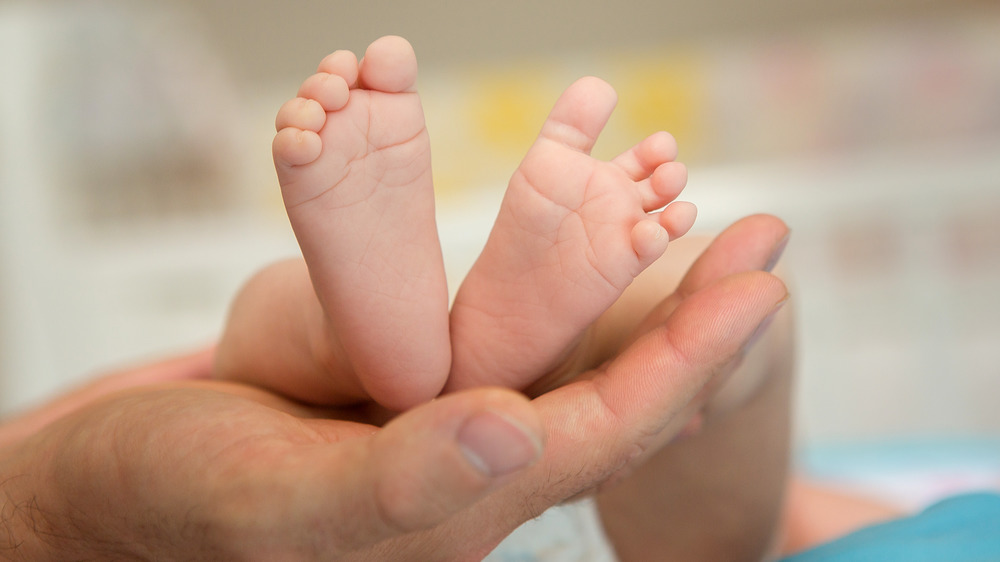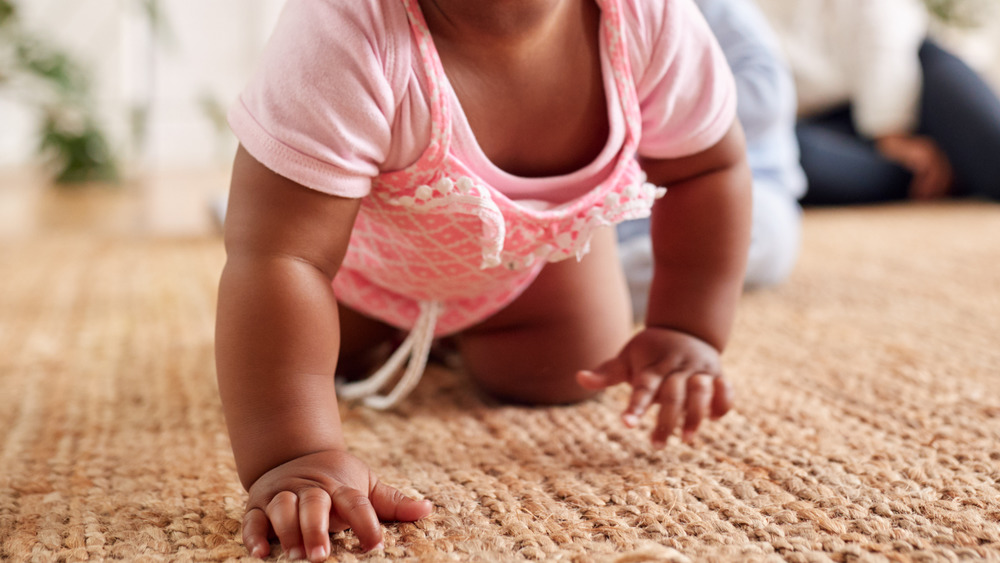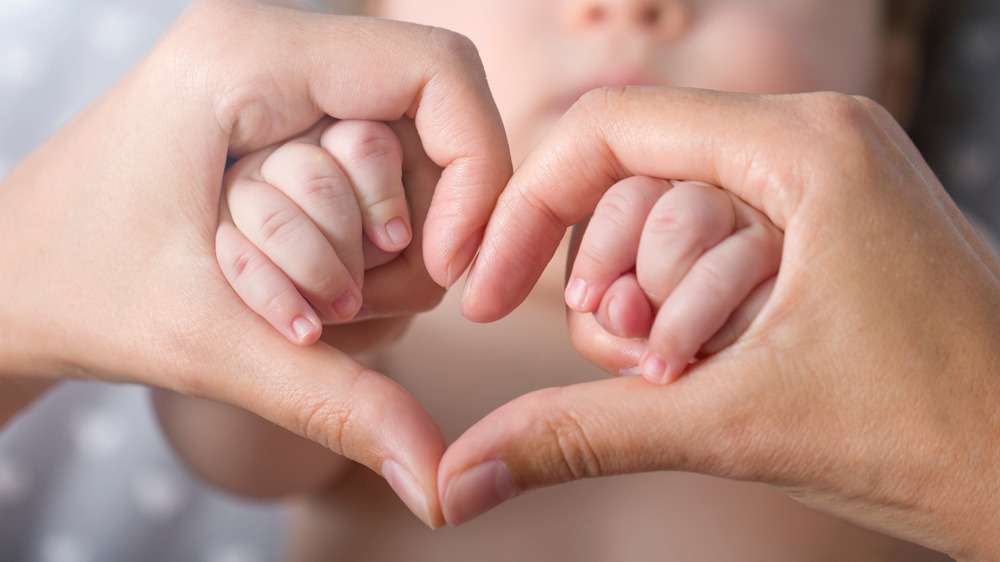5 Autism Signs To Look For In Your Baby
To be clear, suspecting your child may be on the autism spectrum isn't cause for alarm. Dr. Stephen Shore, who has autism himself, travels the world to celebrate the capacities of people with autism. He encouraged us to "see autism as abilities-based, not deficit-based," and to value such abilities, including data and information assimilation and visual thinking skills (via Diverse Issues in Education). But autistic abilities can only be celebrated as such if they are understood. As Emily Lovergrove recently commented to the Wales Times, not being understood as having autism can be devastating. Lovergrove, a psychologist, described the day she finally received her diagnosis, at 71 years old, saying, "My reaction was: 'Hooray! I am not bad or mad or sad.'" She reflected, "As a child, it had been implied that I was very difficult and my father was clear: 'You have never been normal.'"
The List talked to clinical psychologist Dr. Adolph Brown to better understand how to recognize indications that your baby is has autism. While Brown cautioned that the "severity and degree of Autism differs from child to child," he identified five signs of autism in very young children.
Keep an eye on eye contact
One thing to look out for, says Brown, is decreased eye contact. "There are two schools of thought on the reasons children with autism avoid eye contact," Brown told The List, "One is they find it stressful and negative to hold eye contact. The other is the eyes are seen as less meaningful social cues."
Along these lines, and second, lack of eye contact might signal your child is having "difficulty expressing feelings and understanding the feelings of others." That's because we often recognize emotions through our eyes. Difficulty making eye contact, therefore, "could be related to their difficulty understanding the emotions of others and mirroring emotions to be expressed," says Brown.
Third, difficulty making eye contact may also mean that your little one's facial expressions aren't as animated as you might expect. "Flat facial expressions relate to the absence of mirroring facial expressions of others due to the avoidance of eye contact," Brown explained. If your baby doesn't "use gestures such as pointing," they may be on the spectrum as well. "Lack of pointing to request or gain attention is related to challenges with joint attention, which is the shared focus of two individuals on an object," Brown explained to The List.
Two more signs your baby might have autism
The last two signs that your baby may be have autism have to do with spoken language. If you notice "little sharing of sounds and back-and-forth babbling," Brown says that may be because children with autism often miss "valuable cues from parents and caregivers that would help them engage more readily in auditory joint-engagement skills." Finally, if your baby doesn't respond to their name, that may be a sign they're on the autism spectrum. "It is my professional belief that children with autism are unlikely to recognize their name," Brown explained to The List, "because no one has taught them in a manner that makes sense to them."
If you suspect that your little one may be on the autism spectrum, contact your pediatrician. Note, that as per the Autism Awareness Centre, it may be difficult to recognize any signs of autism before they are six months old.


